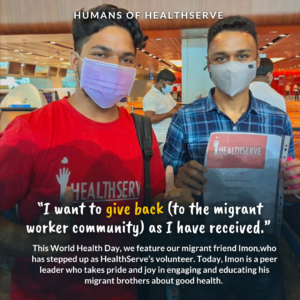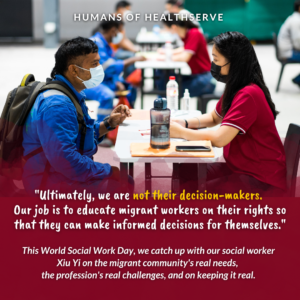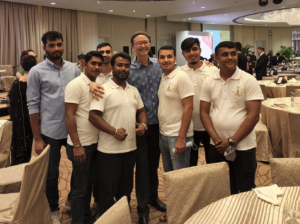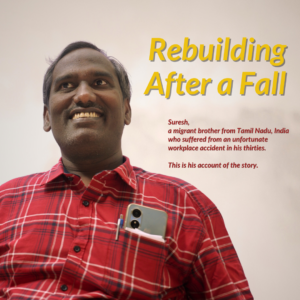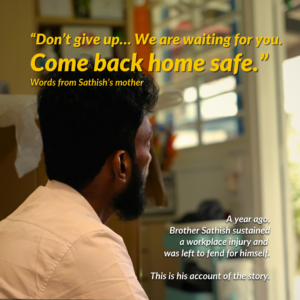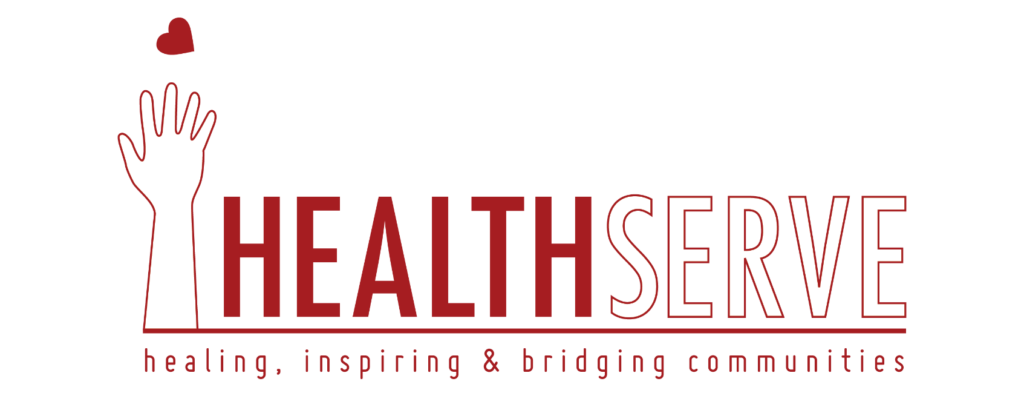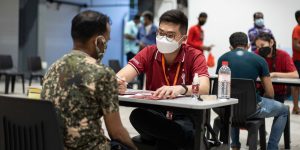By Anne Chan, Communications & Engagement Intern at HealthServe
On a sweltering hot Thursday afternoon, a group of well-meaning individuals from across Asia gather in HealthServe’s cosy pantry to get to know migrant brother Reddy, who came from India. He is a well-built man in his early 30s, his muscles a testament to the physically demanding job that he holds.
Or rather, that he held.
From paying high agent fees to secure a job in Singapore, to suffering a workplace accident that left his fibular midshaft crushed—Reddy shared of the physical, mental and emotional vicissitudes of his under-appreciated trade. The serious injury cost him his job; his income; and his ability to support his parents, widowed sister and her young, intellectually disabled daughter. His audience—potential donors to HealthServe—listened intently to his story which resembled more of a fever dream than someone’s reality. They reciprocate by asking thought-provoking questions about where he fell through the cracks of the system, how he has been supported by HealthServe and what more can be done to remedy the situation of hundreds of other migrant workers like him.
Reddy’s candid sharing was part of the human library segment for the Asia Philanthropy Circle’s (APC) Venn 2023 programme where philanthropists across the region engage in constructive conversations with different non-government organisations, deep-diving into how they can sustainably address critical problems in society. In this case, how they can be part of a solution to alleviate some of the systemic, multi-faceted struggles of low-wage migrant workers in Singapore.
For the visit to HealthServe on 2 November, participants first went on a guided tour of the HealthServe clinic and compound in the heart of Geylang. Guests were then educated on the local migrant worker landscape before breaking off into smaller groups for a human library session with three of HealthServe’s migrant clients, or brothers – as they’re affectionately known to staff. A vibrant panel discussion led by thought leaders within the migrant ecosystem – Dr Jeremy Lim, vice chairman of HealthServe; Stephanie Chok, executive director of Humanitarian Organisation for Migration Economics (HOME); and Phillip Wang, supporter of APC’s Migrant Workers Project – wrapped up the programme on a high note. Both panellists and audience members discussed the changes that need to be made to improve the rights and well-being of migrant and domestic workers in Singapore.

As an observer, I too, listened to the stories shared and the discussions being had. But I also had the vantage point—standing at the back of the hall—to people watch. The posture of these philanthropists spoke volumes: some sat upright, others leaned forward; their eyebrows in a light furrow, a reflection of their focus on the speakers. They responded to injustices with subtle head shakes and sighs, while nodding to affirm the gains made for this marginalised group. Raising hands, they asked the hard yet honest questions which proved their intellectual engagement with the topic and genuine desire to advocate for the migrant worker community.
“I’m really curious… Singapore’s known to be such an efficient and well-run country,” probed one audience member. “How is it that such gaps still exist?”
The panellists smiled.
The answer, as always, is not as simple as it seems.
It became apparent to me that these philanthropists were not just curious, but concerned. Yet I could not help but wonder how many of them would eventually turn their concern into action. After all, it is one thing to care about the cause, but another to act for the cause.
Or, as Dr Jeremy aptly put: When the time for advocacy is over, one must be ready to act.
In my generation, many back a cause with a few taps on their phone—liking posts from advocacy groups, commenting on them and sharing them on their own accounts. This is important, surely, in sending a message to authorities to implement protective policies for disadvantaged groups However, translating advocacy into tangible change takes time. Sometimes, a very long time. So in the meantime, how can we help?
Take action.
Devote part of our own resources to fill in the gap. Be it time or money, these are resources we need to support thousands of migrant workers like Reddy. You could volunteer at a health screening, or donate to ensure that migrant workers can have access to affordable healthcare. Consider an internship or corporate volunteerism with us.
There are many ways to give back. It doesn’t have to be much—because at a modest charity like HealthServe, a little truly goes a long way.
